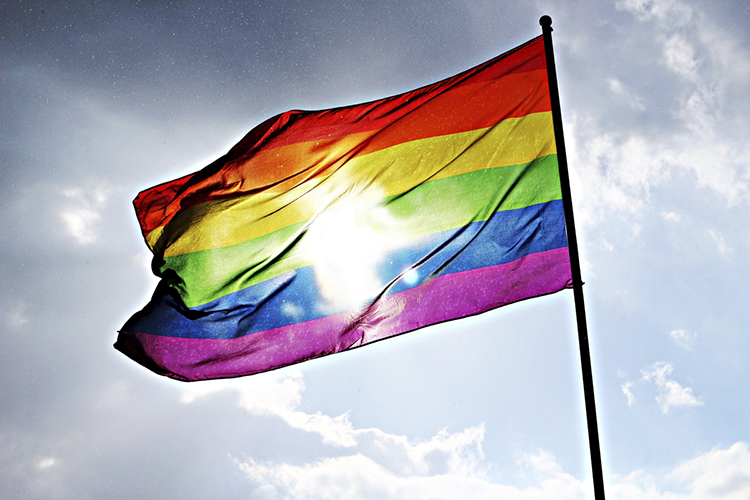New research highlights fears of troubling rise in anti-LGBTQ+ rhetoric and violence across Ireland
Posted 9 October, 2024

Attacks against LGBTQI+ communities are increasing in Ireland, (opens in a new window)according to a new report.
When Ireland legalised same-sex marriage in May 2015, it was seen as evidence of a seismic shift in public opinion towards LGBTQIA+ individuals and groups. Nearly a decade on, however, hostilities against these communities has have increased significantly.
This is according to a new report from (opens in a new window)RESIST, a Horizon Europe funded and UCD-lead research project addressing ‘anti-gender’ politics across Europe.
“The overriding finding from our research is the significant increases in attacks which are happening both on and offline, with online activity generally a precursor to offline aggression,” said project coordinator and Ireland lead (opens in a new window)Professor Kath Browne, UCD School of Geography.
Carried out by an international team of experts in gender and sexualities research from across a range of disciplines including sociology, human geography, anthropology, and political sciences, RESIST analysed hundreds of parliamentary debates and thousands of media articles, and conducted hundreds of interviews with members of the LGBTQIA+ community, as well as activists, academics and the general public.
In Ireland, and also across the eight other European countries - Spain, Belarus, France, Switzerland, Poland, Germany and Greece - there were frequent and often increasing experiences of verbal and physical attacks, as well as systemic discrimination and political violence.
Among the main targets for this ‘anti-gender’ rhetoric were feminists and LGBTQIA+ people, as well as cisgender heterosexual women.
“Our research indicates organised anti-trans and anti-LGBT attacks on groups and people across Ireland. This might be a surprise for some who believed that the 2015 same sex referendum meant that Ireland has changed,” said Professor Browne.
“Research participants interviewed as part of this report have indicated an emboldening of anti-LGBT groups. Participants described being targeted on social media and this was then seen in protests outside libraries and the targeting of LGBT organisations,” she continued.
Public spaces were found to be common areas for these attacks, with disruptions of events, counter-protests, and threats in public settings frequently reported.
Irish participants who are public figures, particularly trans people, reported continuous harassment with some receiving warnings from the Garda Síochána about their safety.
They, and others, also experienced direct threats to their homes and families, including death threats delivered to home addresses, and partners being named in letters to their work to indicate knowledge of personal circumstances.
Threats to employment from ‘concerned members of the public’ and work colleagues too were cited by participants as a regular feature of daily life for LGBTQIA+ people, and allies, whose identities/positions are well known.
Social media is now routinely expected to be a space where attacks and harassment occur, with much of it organised and targeted by specific accounts.
Where previously such abuse was ‘occasionally’ directed at those who are public figures and/or post on areas such as gender/sexuality/feminism/migration/sex work, they are now daily, personalised, and trained on individuals who simply identify as trans or LGBTQIA+.
Such attacks sustained through social media can morph into new forms.
The report notes that while the uptick in anti-trans rhetoric in Ireland is significant, it did not coincide with the passing of the Gender Recognition Act in 2015.
The research shows the significant effect of these attacks on people and organisations who were either marginalised or who supported some of the most vulnerable LGBT people in Ireland, according to Professor Browne.
“Many reported that they felt more scared, vulnerable and insecure than in past years, with everyday life consequences such as fear, burnout, and anxiety being common.
“Many participants continue to see Ireland as a place where the state and politicians are supportive of LGBT organisations and not engaging in anti-trans rhetoric. They saw family, friends and work colleagues as willing to engage in genuine discussions.
“These were key to challenging what they heard on the media and on social media. Key issues could be explained, questions asked, mistakes made and the implications of things like trans rights for people discussed,” she continued.
By: David Kearns, Digital Journalist / Media Officer, UCD University Relations
To contact the UCD News & Content Team, email: newsdesk@ucd.ie






